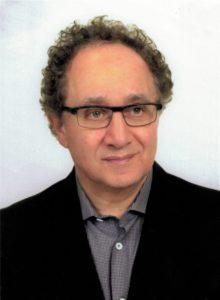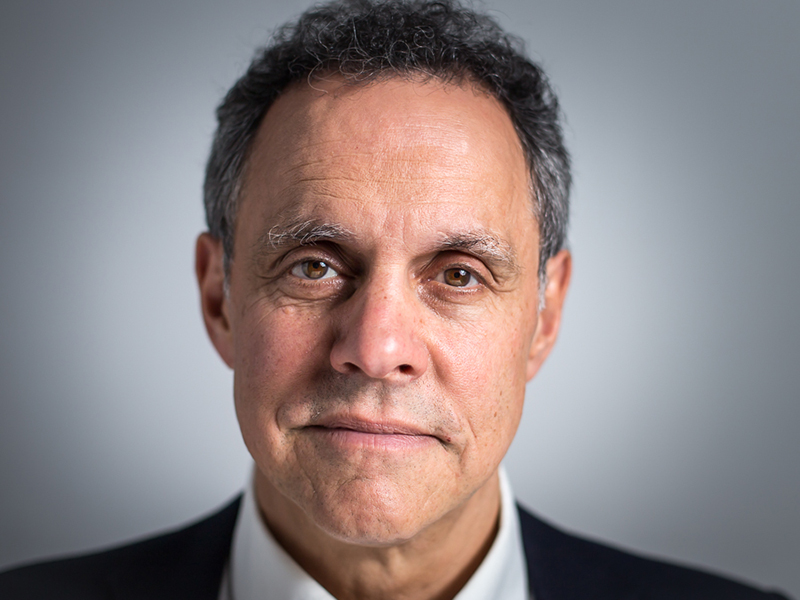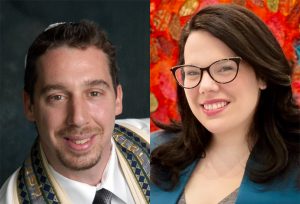A landmark study of Canadian Jewry is about to gauge never-before explored areas, such as Jewish identity, religious practice, experience with discrimination and feelings toward Israel.
Beginning this month, researchers will embark on the first large-scale portrait of Canadian Jews that will look at metrics that have not been gauged by the federal census, which tallies Jews by religion, ethnicity, geography, age, gender, education and family arrangements.
However valuable, the census data does not provide a “substantive understanding about Jewish identity, priorities, attitudes and values,” according to a statement put out by the Environics Institute, which will be conducting the survey.
According to the project’s summary, this type of information “has never been collected among Canadian Jews on a national scale and is becoming increasingly important given the dynamic changes taking place in society generally, and in the Jewish world in particular. It is remarkable that the Canadian Jewish community is one of the least studied in the world, in sharp contrast to that of the U.S.A. and the U.K.”
Change in census question led to dramatic undercounting of Canadian Jews: researchers
The study is being carried out by the Environics Institute for Survey Research, in partnership with Prof. Robert Brym, a sociologist at the University of Toronto, and Rhonda Lenton, a sociologist and the president and vice-chancellor of York University.
Sponsoring organizations include the Jewish Foundation of Manitoba, Federation CJA in Montreal, UJA Federation of Greater Toronto and the Anne Tanenbaum Centre for Jewish Studies at the University of Toronto.
Respondents in four cities – Montreal, Toronto, Winnipeg and Vancouver – will be asked around 80 questions, covering: Jewish identity; Jewish practice (self and family); childhood upbringing; experiences with anti-Semitism and discrimination; attitudes about Israel; connections to the local Jewish community; demographic characteristics, including ethnic and national background; and city-specific topics developed in collaboration with local sponsors.
More cities may be added, depending on future funding.

Sample sizes will vary according to city, but a total of 2,400 respondents will be canvassed by telephone – both landline and mobile – between February and May. Organizers say the cities were selected because together, they represent 81 per cent of Canada’s total Jewish population.
Two groups will be “oversampled,” meaning a disproportionately larger number of their members will be queried: Jews from the former Soviet Union living in Toronto and Jews aged 18 to 44 in Montreal.
The deeper probing of the two groups was requested by communal organizations in Toronto, where there is an interest in reaching out to Russian Jews, and in Montreal, where community leaders are seeking to stem the exodus of young Jews to places like Vancouver and Toronto.
Part of the need for the survey, Brym told The CJN, was the “tremendous problems” raised by the 2016 census.
The long-form census, which is considered a reliable tool of measurement, indicated an alarming decline in Canada’s Jewish population from about 309,000 in 2011, to a little more than 143,000 in 2016.
The problem was that for the first time, “Jewish” was not among the examples of ethnic ancestry listed on the form, which skewed the results. There was no question about religion on the 2016 census and experts have long cautioned that considering ethnicity alone is unreliable when it comes to counting Jews.
Brym said that he hopes the survey will provide “more accurate estimates,” but, Keith Neuman, executive director of the Environics Institute, said the research will not be capable of addressing the gap that came out of the 2016 census.

The survey was inspired by the massive study of U.S. Jews conducted by the Pew Research Center in 2013. It unearthed a plethora of findings on Jewish identity, including that the percentage of U.S. adults who say they are Jewish has declined by about half since the late 1950s, and that one in five American Jews surveyed now describe themselves as having no religion.
American Jewish federations, synagogues, schools and communal institutions have taken heed.
“It struck us that Pew was not going to (study) Canada,” Neuman told The CJN. “Nobody has ever done a survey quite like this of the Canadian Jewish population.”
Neuman stressed that this won’t be a headcount, “but we can ask a lot of questions about identity and practice and many other things the census doesn’t touch and no other surveys would look at. We’re looking at how people identify, what their practices are, what they belong to, child-rearing, anti-Semitism, attitudes about Israel. We’re covering a lot of ground.”
The Canadian Jewish community is one of the least studied in the world.
Neuman said that geographical areas known as “census tracts” will provide researchers with a “rough idea” of where Jews live in the four target cities. So will an index of “thousands” of names.
Households will be called in advance, to see whether they qualify as Jewish.
Brym said the questions on identity and practice aim to discover “what being Jewish means for respondents and the degree to which their Jewishness is reflected in their everyday lives.”
He expects the survey to reveal “surprisingly” high levels of assimilation and lack of affiliation. But at the same time, it may also show high levels of involvement – “in other words, polarization between the assimilated and non-assimilated. It might be quite stark,” he said.
The study’s findings are scheduled to be released in September.






